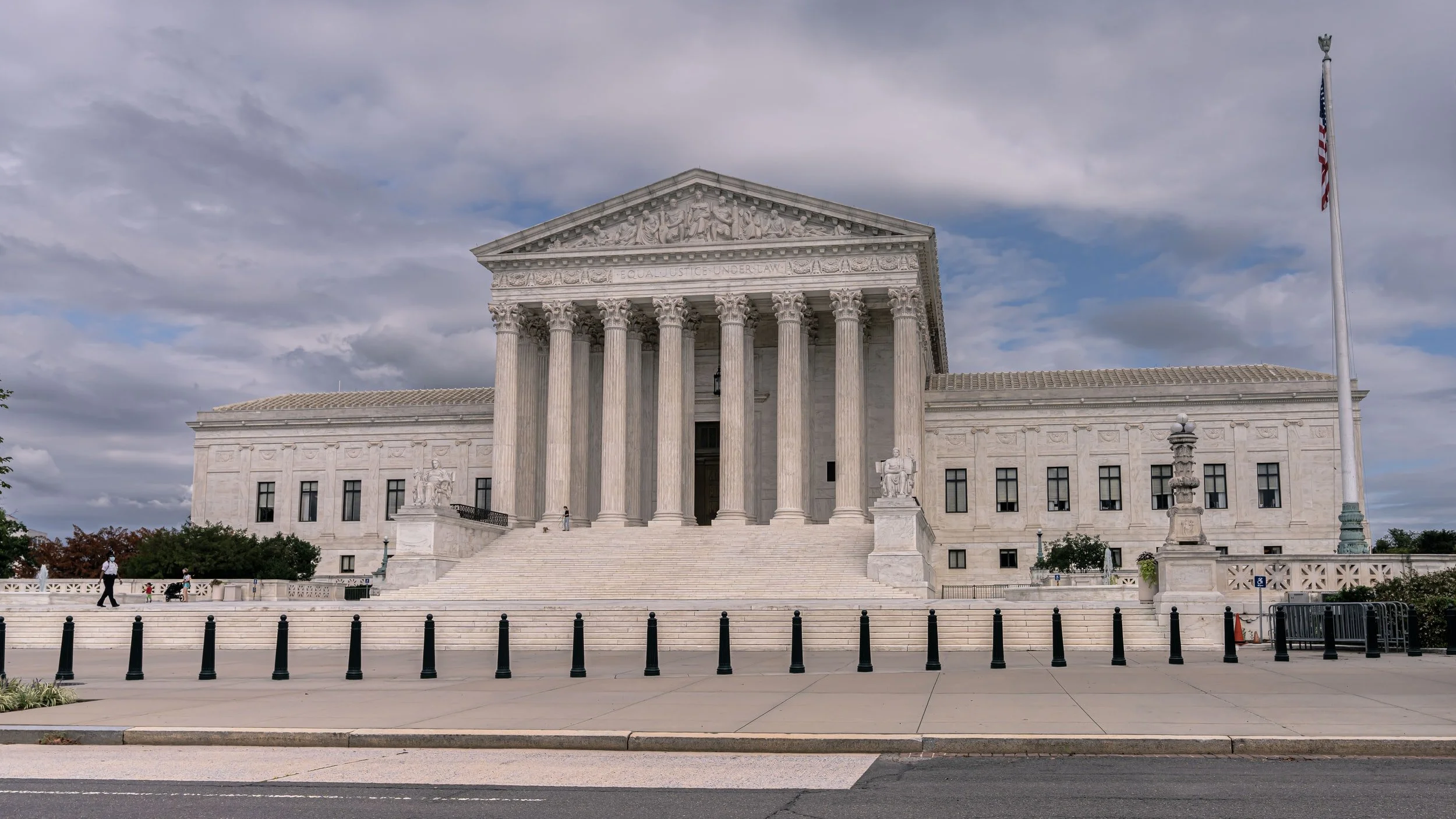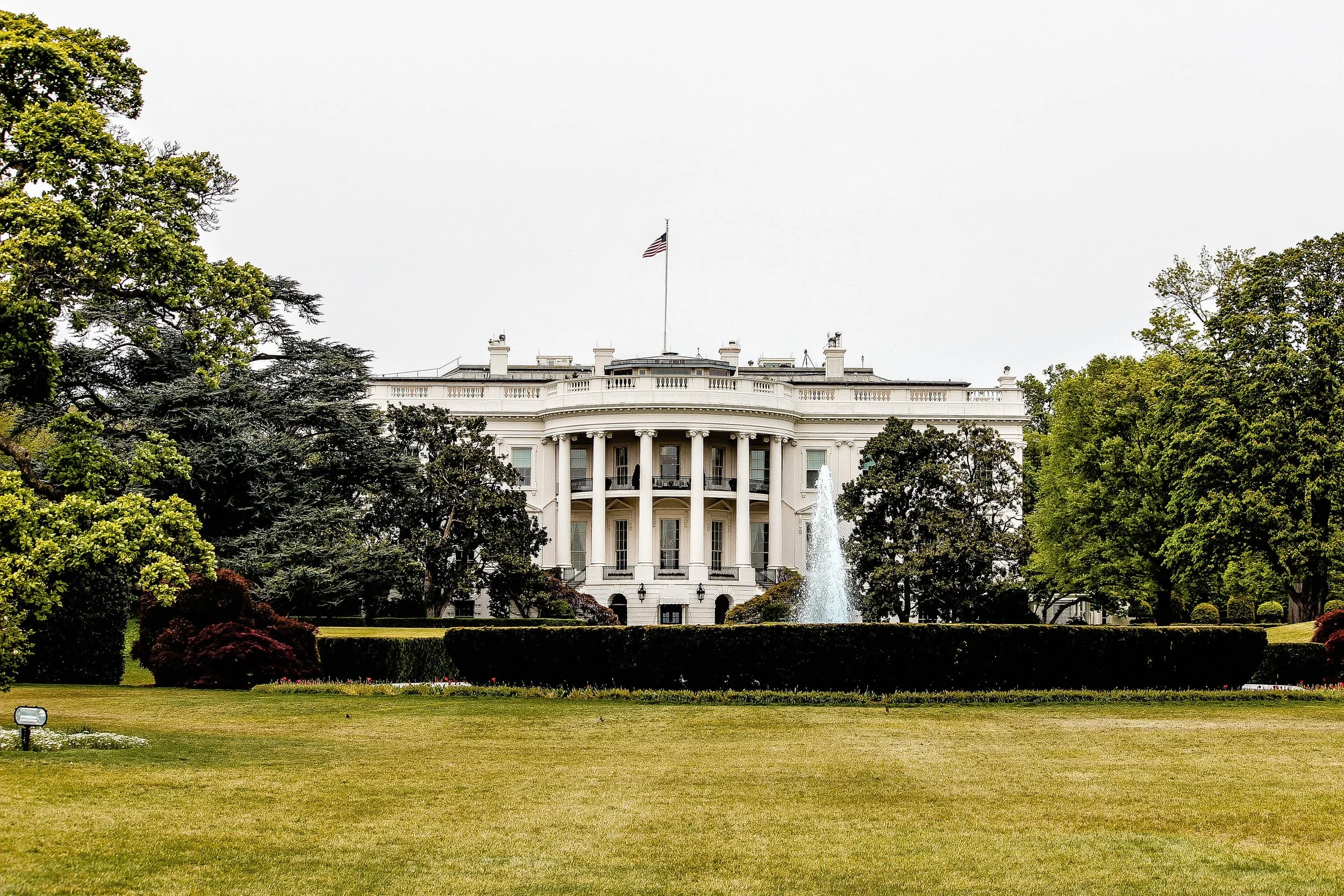HOT TAKES. ONE PLACE.
There's a LOT to know about insurance. So, whether you've got a specific question or just want the 411 on what we do, click around on the articles below.
Court Blocks ACA Sex Discrimination Rules for Religious Providers
On Aug. 26, 2022, a federal appeals court blocked the Department of Health and Human Services (HHS) from enforcing certain Section 1557 nondiscrimination rules under the Affordable Care Act (ACA) against some faith-based providers. The court upheld a permanent injunction prohibiting HHS from requiring the providers to perform or provide insurance coverage for gender transition procedures or abortions.
DOT Issues Notice of Changes to Drug and Alcohol Testing Rules
On Aug. 5, 2022, the Department of Transportation (DOT) published an advance notice of proposed rule-making (ANPRM) on workplace drug and alcohol testing requirements. Specifically, the DOT is requesting public comments on how its regulations for conducting such testing within the transportation industry could be amended to allow electronic signatures on required documents, permit the use of electronic forms and authorize digital data storage.
Federal Guidance on Nondiscrimination in Telehealth
Due to the increased usage of telehealth following the COVID-19 public health emergency, the Departments of Justice (DOJ) and Health and Human Services (HHS) jointly issued guidance on how various federal laws require telehealth to be accessible to people with disabilities and limited English proficiency.
Court Invalidates No Surprises Act Dispute Resolution Rules for Air Ambulance Services
On July 26, 2022, the U.S. District Court for the Eastern District of Texas struck down part of an interim final rule related to the federal independent dispute resolution (IDR) process under the No Surprises Act (NSA), which was enacted as part of the Consolidated Appropriations Act, 2021 (CAA).
CDC Ends COVID-19 Social Distancing and Quarantine Recommendations, Eases Testing Guidance
On Aug. 11, the Centers for Disease Control and Prevention (CDC) released new COVID-19 community guidance that ends or eases several key recommendations, including social distancing and quarantine. This change shows how much has changed since the pandemic began more than two years ago. The agency stated that nearly the entire U.S. population has some COVID-19 immunity through vaccination, previous infection or both.
Biden Signs Second Executive Order on Abortion Access
President Joe Biden recently signed an executive order to protect individuals’ ability to access out-of-state abortions. This is Biden’s second executive order in response to the U.S. Supreme Court’s ruling in Dobbs v. Jackson Women’s Health Organization, removing the constitutional right to abortion.
Departments Clarify Guidance on ACA Contraceptive Mandate
On July 28, 2022, the Departments of Labor (DOL), Health and Human Services (HHS) and the Treasury (Departments) jointly issued a new set of frequently asked questions (FAQs) regarding the contraceptive coverage mandate under the Affordable Care Act (ACA).
Biden Administration Warns That Insurers Must Still Cover Birth Control
The Biden administration warned U.S. businesses and health insurance providers that limiting coverage of contraceptives after a U.S. Supreme Court ruling that overturned the constitutional right to abortion would violate federal law. The U.S. Department of Health and Human Services and the Departments of Labor and Treasury issued guidance clarifying that the Affordable Care Act (ACA) requires most private insurance plans to provide birth control and family-planning counseling to insured individuals and their dependents at no additional cost.
7th Circuit: Interference Without Denial of Leave Violates FMLA
The 7th Circuit Court of Appeals has ruled in Ziccarelli v. Dart that an employer can violate the federal Family and Medical Leave Act (FMLA) by discouraging an employee from exercising FMLA rights without denying an FMLA leave request. The 7th Circuit’s jurisdiction covers Illinois, Indiana and Wisconsin.
Travel Reimbursements for Legal Abortion Care
Following the U.S. Supreme Court’s decision in Dobbs v. Jackson Women’s Health Organization, a number of employers announced that they would reimburse travel expenses for employees who must go out of state to obtain a legal abortion. There are a number of different options for employers to consider when structuring a travel benefit, with each option having its own compliance challenges.
EEOC Updates COVID-19 Guidance to Require Justification for Testing
On July 12, 2022, the Equal Employment Opportunity Commission (EEOC) issued updated guidance on whether and when employers may test their employees for COVID-19. While the previous guidance generally allowed employers to require testing for all employees entering a workplace, the new guidance requires an individualized assessment of current circumstances.
Departments Highlight Contraceptive Mandate Compliance Concerns
On June 27, 2022, the Departments of Labor (DOL), Health and Human Services (HHS) and the Treasury (Departments) issued a letter directing group health plan sponsors and issuers to ensure their plans comply with the contraceptive mandate under the Affordable Care Act (ACA).
Employers Now Required to Justify COVID-19 Testing, According to EEOC
In an update to its technical assistance manual, the U.S. Equal Employment Opportunity Commission (EEOC) recently announced that employers must now justify mandatory COVID-19 testing for their workers. Going forward, employers must “assess whether current pandemic circumstances and individual workplace circumstances justify viral testing of employees to prevent workplace transmission of COVID-19.”
Draft Forms for 2022 ACA Reporting Released
The Internal Revenue Service (IRS) released draft 2022 forms for reporting under Internal Revenue Code (Code) Sections 6055 and 6056. Draft instructions for these forms have not yet been released.
Biden Signs Executive Order on Access to Reproductive Health Care Services
President Joe Biden recently signed an executive order aimed at protecting access to reproductive health care services. This order is in response to the U.S. Supreme Court’s ruling in Dobbs v. Jackson Women’s Health Organization and directs federal agencies to take steps to protect abortion and reproductive health services.
Genetic Nondiscrimination Rules for Employers
The Genetic Information Nondiscrimination Act of 2008 (GINA) generally prohibits employers from discriminating against employees or applicants based on their genetic information.
New HIPAA Privacy Guidance for Reproductive Health Care
In the wake of the U.S. Supreme Court’s ruling in Dobbs v. Jackson Women’s Health Organization, which allows states to regulate and prohibit abortion, the Department of Health and Human Services (HHS) issued new guidance regarding HIPAA’s privacy protections for reproductive health care. The guidance focuses on health care providers’ obligation under the HIPAA Privacy Rule to safeguard the privacy of patients’ protected health information (PHI) related to reproductive health care, including abortions.
Strategies for Avoiding Litigation Over COBRA Notices
Employers are seeing an increase in lawsuits from former employees alleging deficient Consolidated Omnibus Budget Reconciliation Act (COBRA) election notices. These lawsuits are generally class actions and can result in significant attorneys’ fee awards for successful ex-employees. Understanding current COBRA notice regulations and litigation trends can help employers stay compliant and avoid costly lawsuits.
Form 5500 is Due by Aug. 1, 2022 for Calendar Year Plans
Employers with employee benefit plans that operate on a calendar year basis must file their annual reports (Forms 5500) for 2021 with the Department of Labor (DOL) by Aug. 1, 2022. An employer may extend this deadline by two and one-half months (until Oct. 17 2022) by filing IRS Form 5558 by Aug. 1, 2022.
Employer Considerations for Coverage of Abortion Benefits
In anticipation of the U.S. Supreme Court’s decision in Dobbs v. Jackson Women’s Health Organization that overturned Roe v. Wade, states have enacted various laws regarding insurance coverage of abortion. Some states have banned or restricted abortion coverage, while other states require plans to cover abortions.





















